Advocate: In wake of LSU scandal, lawmakers advance bills aimed at tightening reporting of harassment, abuse
Lawmakers on Wednesday advanced legislation that tightens laws around the reporting of sexual harassment and abuse, the culmination of several hearings by women lawmakers on LSU’s years-long failure to protect victims of abuse on its campus.
The Senate Education Committee advanced Senate Bill 230 aimed at fixing “loopholes” in a previous law addressing the handling of abuse claims. Senate President Pro Tempore Beth Mizell, the Franklinton Republican who is the second highest ranking leader in the upper chamber, sponsored the legislation after crafting it with a host of other women lawmakers and advocates.
The committee also voted in favor of Senate Bill 232 by Sen. Regina Barrow, the Baton Rouge Democrat who chairs the Senate Select Committee on Women and Children that probed the LSU scandal in several marathon hearings. That bill would set up a review board to oversee universities’ handling of abuse claims.
The proposals, which have to take several more steps before becoming law, come after findings of systemic sexual harassment and abuse issues at LSU that wasn’t reported by officials there. The Legislature in 2015 had passed a law by then-Sen. J.P. Morrell, D-New Orleans, that sought to require universities to follow a series of procedures around sexual harassment. But LSU didn’t comply with all facets of the law, according to a report by the law firm Husch Blackwell.
SB230, which is sponsored by Mizell and Reps. Paula Davis, R-Baton Rouge, and Stephanie Hilferty, R-Metairie, would also address what some lawmakers see as a glaring problem with LSU’s response to the scandal: that no one was fired in the wake of the findings. The bill, if passed into law, would require universities to fire officials who fail to report abuse moving forward.
“We want to make it crystal-clear that if someone comes to you ... you must report,” Mizell said.
The legislation tightens up requirements that colleges establish partnerships with law enforcement to track off-campus sexual assault by students, something LSU didn’t accomplish previously. It also closes what advocates see as a loophole that allows students to transfer to another university with a clean record even after being accused of sexual assault, among other things.
Several other women lawmakers joined Mizell and Barrow for the committee hearing Wednesday, including Rep. Aimee Freeman, D-New Orleans, who is sponsoring House Bill 409 backed by the governor that covers similar ground.
The topic has drawn considerable interest during the legislative session, with several bills filed about the issue. Morrell and Helena Moreno, a former state representative who now serves on the New Orleans City Council, have worked on updating the law they passed several years ago on reporting requirements.
That 2015 law required colleges and universities to establish partnership with law enforcement and directed them to establish best practices for reporting abuse, including the use of confidential advisors, posting information on the website and conducting training, among other things. The Husch Blackwell report found LSU ran afoul of that law in several ways, including by not having uniform policies spelled out in law and having unclear confidential advisors.
Edwards, whose appointees on the LSU Board of Supervisors make hiring and firing decisions, has deferred to the school’s leadership on who, if anyone, should be fired in the wake of the scandal. LSU only punished two people, suspending senior associate athletic director Miriam Segar for 21 days and executive deputy athletic director Verge Ausberry for 30 days. Some lawmakers have called for a more robust response.
Barrow’s Senate Bill 232 would create a review board to evaluate the practices of colleges and universities around the reporting and investigating of “power-based violence,” a term that covers a wide range of abuse and harassment. It would also advise those schools and other institutions on prevention programs. She called the findings of Husch Blackwell “horrific.”
“We want to make sure this behavior is corrected,” Barrow said. “What we thought was already in place … We learned about all the gaps that existed and about how individuals were able to go around. In some instances there was not clarity on how the law should work.”

